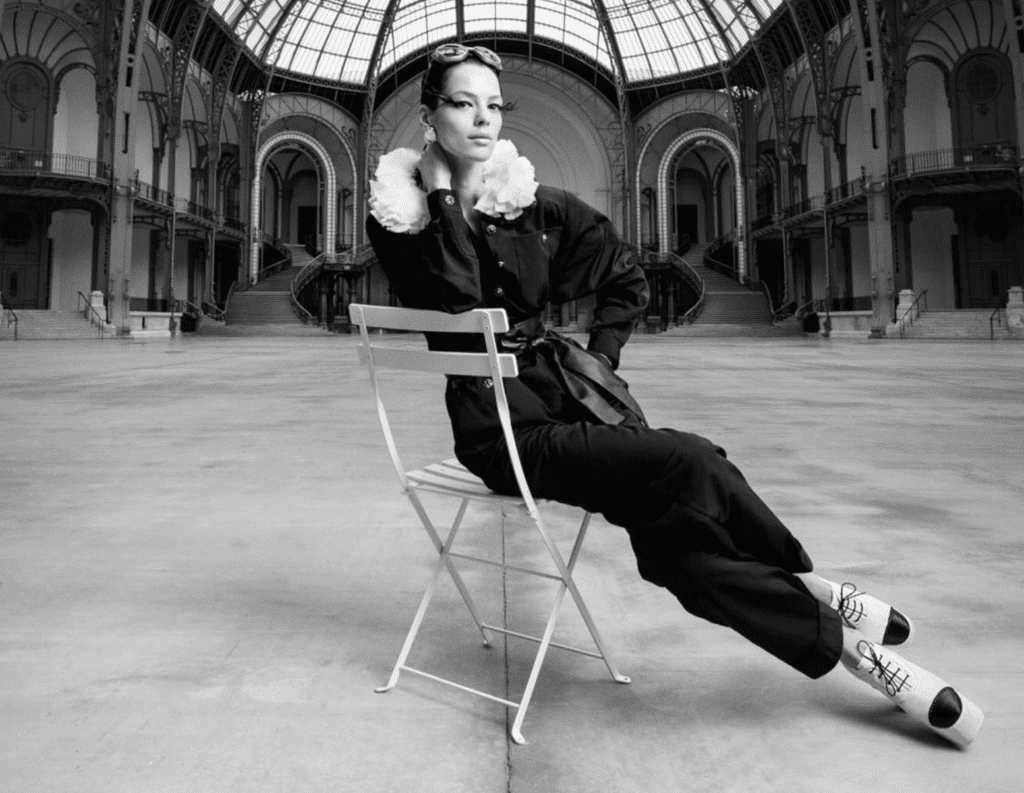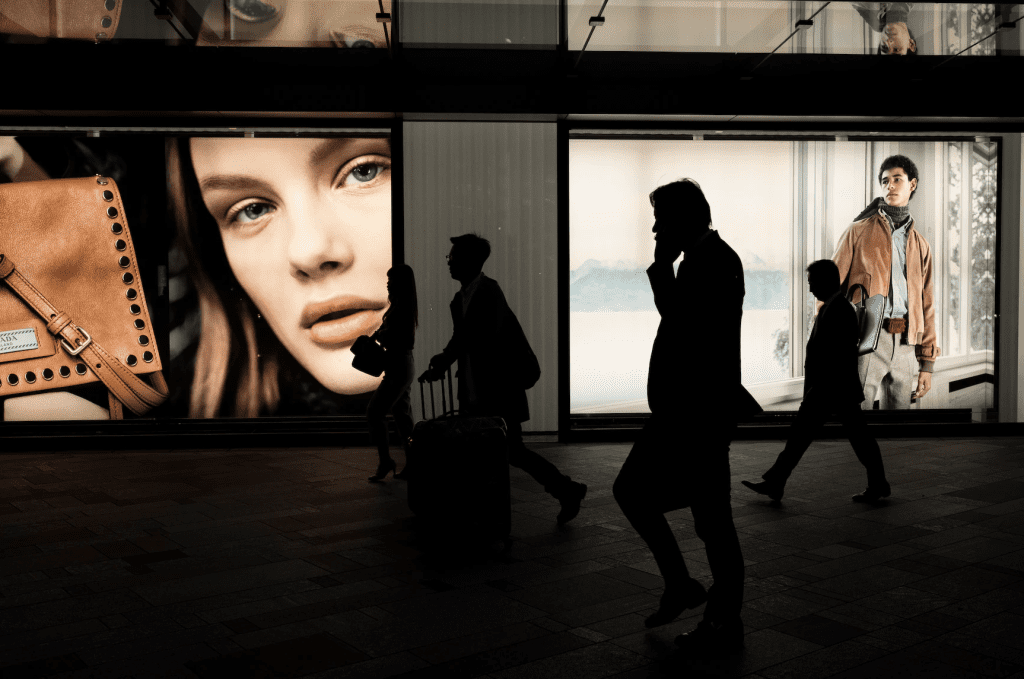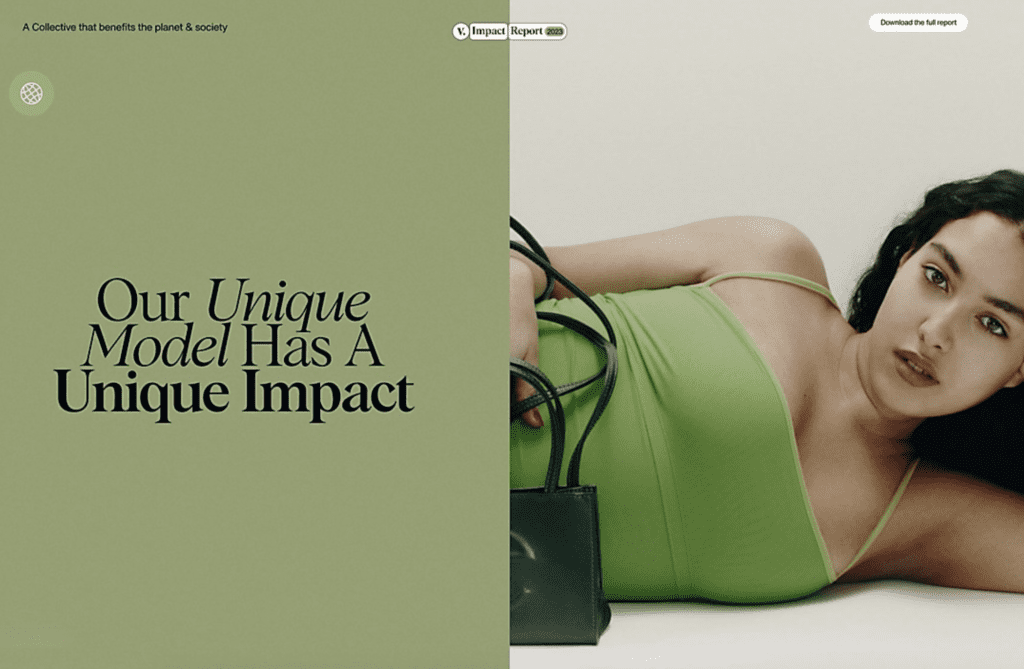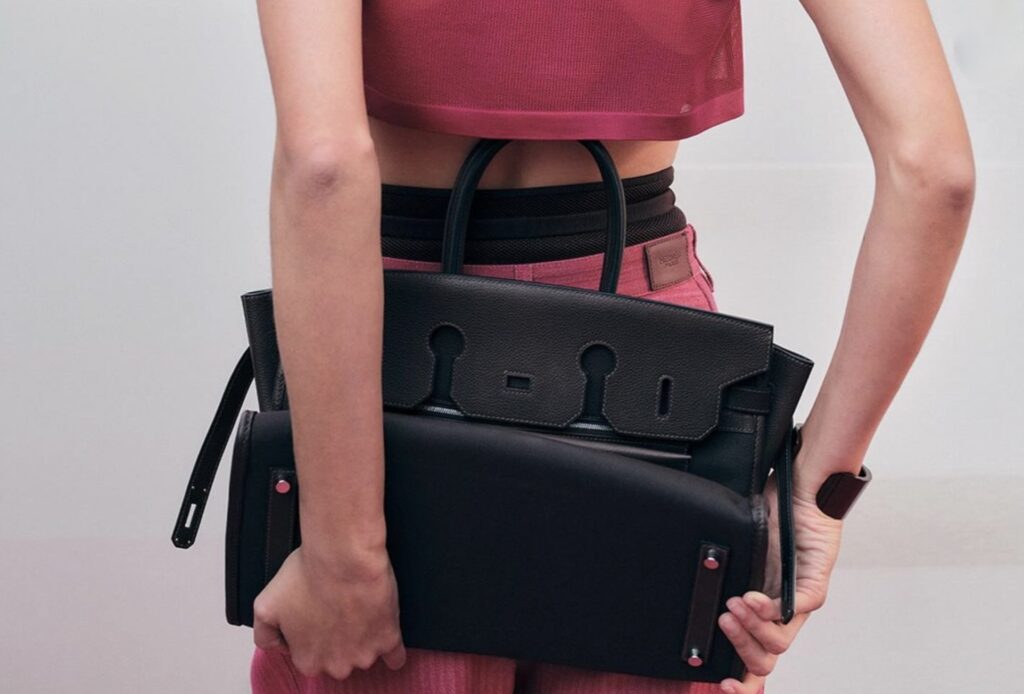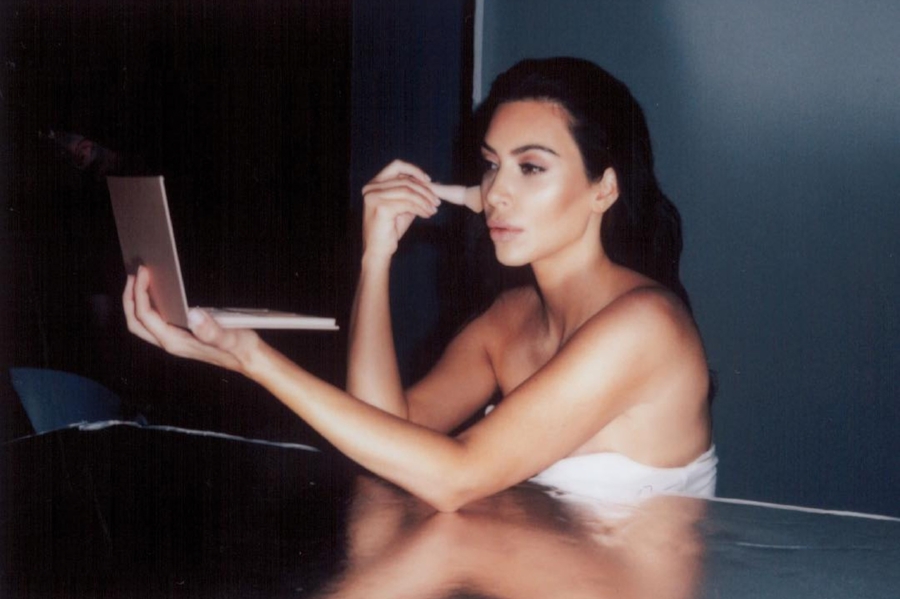
image: KKW Beauty
By way of #sponsored endorsements (and even unsponsored ones), Kim Kardashian has been extremely successful at boosting the bottom lines of brands that she does not own, or does not own in their entirety. For a decade, Kardashian put her pricey Instagram seal-of-approval on “tanning [products], shoes, cupcakes and fitness videos,” among other things. Within the past few years, however, Kardashian, one of the world’s most famous faces, has pivoted in terms of her strategy.
Speaking at the Forbes Women’s Summit last June, 37-year old Kardashian said that after she took a long look at the actual returns she was getting from the many projects in which she was involved, she decided a change was in order. “This year has been really exciting for me because it’s the first time I’ve moved away from having licensing deals and transitioned into being an owner.”
Kardashian said that she and her uber-famous sisters “work so hard to be getting so little,” and so, she has pulled way back on licensing deals (ones in which she would give up some of the rights to her name in exchange for the ability to have a third-party manufacture and market products bearing her name). Nowadays, she is focusing on her own brands. Enter: Her KKW beauty venture, and her increased attention to her apps. She upped the ante in terms of her Kimoji venture, for instance, by turning her emojis into a line of merch – from pins to pool toys.
As of this week, that will also include a shape wear and lingerie line for the reality television mogul, who has reportedly been working on her own collection with the team behind Good American, her sister Khloé‘s brand, as well as denim label Frame.
This shift in strategy is something that is underway in the fashion industry. Take Marianna Hewitt and fellow influencer and best friend Lauren Gores Ireland, for instance. The two women recently co-founded Summer Fridays, a beauty brand that, in just a month’s time, already boasts a best-selling skin-care product on Sephora. Within two weeks of launching, Summer Fridays’ $48 Jet Lag Mask was “outselling brands like La Mer, The Ordinary and Sunday Riley, as well as similar masks from SK-II, Glamglow and Dr. Jart, which are known for their skincare masks,” per WWD.
Hewitt, who has made a noteworthy name for herself within the sphere of beauty influence, is the latest influencer to channel her power into a brand that she created.
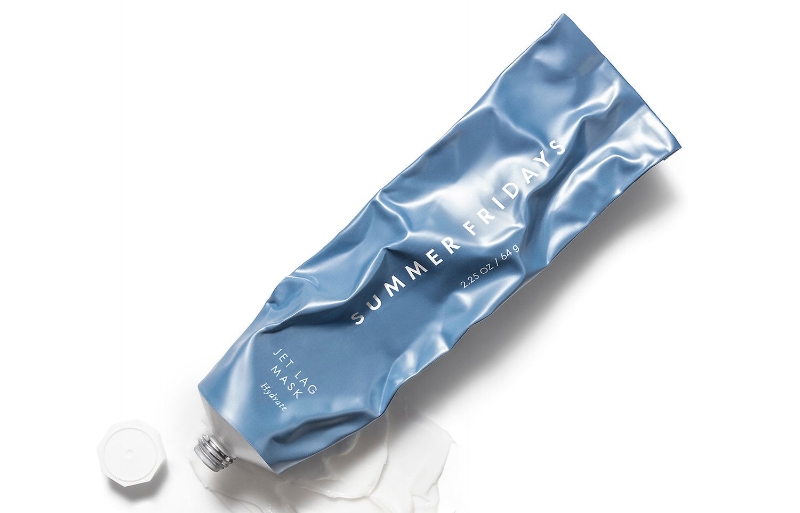
While influencers have long been known to use their … well, influence … to boost the sales of third-party brands, they have started to pivot to a potentially much more lucrative space: One in which they use their selling-power for their own brands.
Fashion’s preeminent super-influencer Chiara Ferragni was an early adopter of this. While the 30-year old Italian “it” girl continues to serve as an ambassador for an array of others’ brands (including BMW, Lancome, YSL Beauty, Pomellato, and Swarovski), she has turned much of her focus to her Chiara Ferragni Collection. The label – which started out as a licensing deal in 2010, three years later, she bought out the licensee.
Ferragni now has full control of the fashion brand, which was bringing in over $15 million in revenue annually as of 2016, all with the help of the vast audience she built with her personal style site, The Blonde Salad, and corresponding Instagram followers. For years, she has managed to influence the purchasing behavior of these followers, and now, she is turning these followers consumers of her own label.
Following this same path are countless other Instagram starlets, who have seemingly figured out not only the sheer power of their name-check but also the most financially beneficial way to bank on it.








